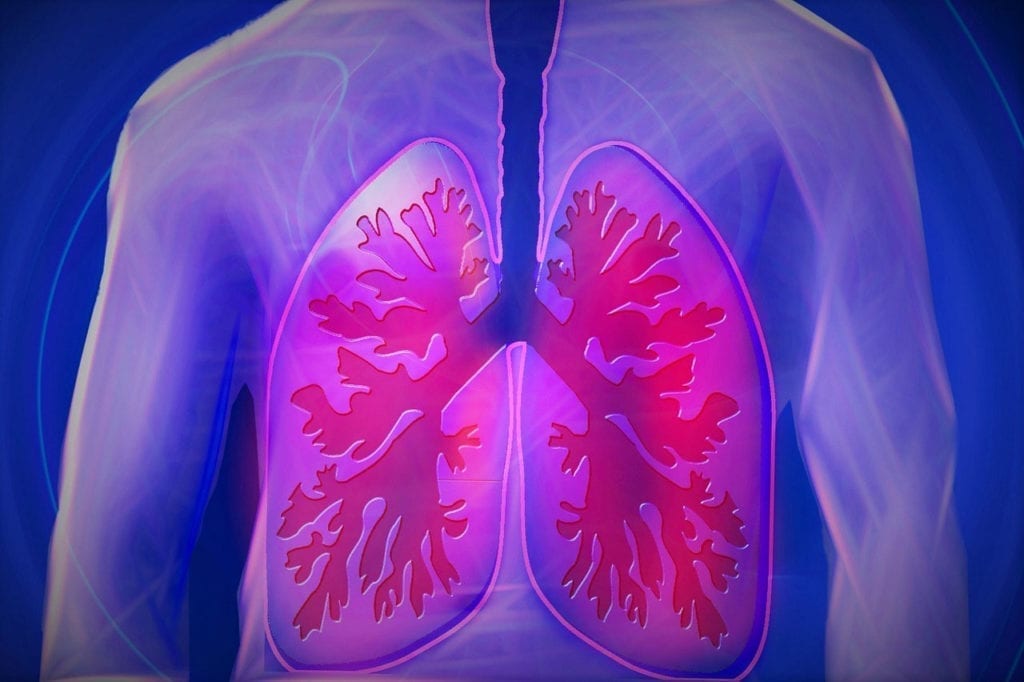Unfortunately, there are no cures – nor effective treatment options – for individuals with P-subtype small cell lung cancer (SCLC). This subtype is notoriously treatment-averse; it is also relatively understudied, leaving many patients without help. However, researchers and scientists from Northwestern Medicine are working to not only better understand this cancer, but to find potential therapeutic options. According to Medical XPress, the scientists recently identified a gene that activates this SCLC subtype.
That gene? Scientists have named it POU2AF2 and described it within their research article, published in Science Advances. The article explains:
The POU class 2 homeobox 3 (POU2F3) is a master regulator of tuft cell identity and defines the SCLC-P subtype that lacks the neuroendocrine markers…In summary, our study has identified a new coactivator of POU2F3 and sheds light on the therapeutic potential of targeting POU2AF2/POU2F3 heterodimer in human SCLC.
Though genome-wide CRISPR screening, the researchers found that POU2AF2 activates P-subtype SCLC and helps it to survive within the body. It assists in evading treatment option and causes the cancer to be extremely aggressive. However, in their study, researchers deleted POU2AF2 in in vitro cancer cells as well as mice models of P-subtype SCLC. Through genetic deletion, the researchers were able to stop the cancer from spreading and even prompt cancer cell death.
More research is needed. However, this is promising: both in presenting a potential biomarker for detection and diagnosis, and in giving scientists a potential therapeutic target to develop better treatment options.
What is Small Cell Lung Cancer (SCLC)?
Small cell lung cancer is an aggressive and fast-growing form of lung cancer. It makes up an estimated 13-15% of lung cancer diagnoses. It is typically divided into two main forms: small cell carcinoma (or oat cell cancer) and combined small cell carcinoma. Risk factors for SCLC include smoking cigarettes, being older in age, secondhand smoke or radiation exposure, chemical exposure in the workplace, HIV infection, air pollution, and a family history of lung cancer. Unfortunately, SCLC can be difficult to detect in early stages. Many individuals will not show any symptoms until the cancer progresses. When symptoms do appear, they can (but do not always) include:
- Appetite loss
- Chest pain
- Wheezing and/or difficulty breathing
- A hoarse voice
- Chronic cough which may produce blood
- Fatigue
- Facial swelling
- Difficulty swallowing
- Swollen neck veins
- Unintended weight loss
- Pleural effusion (complication)
Last modified: April 11, 2023







